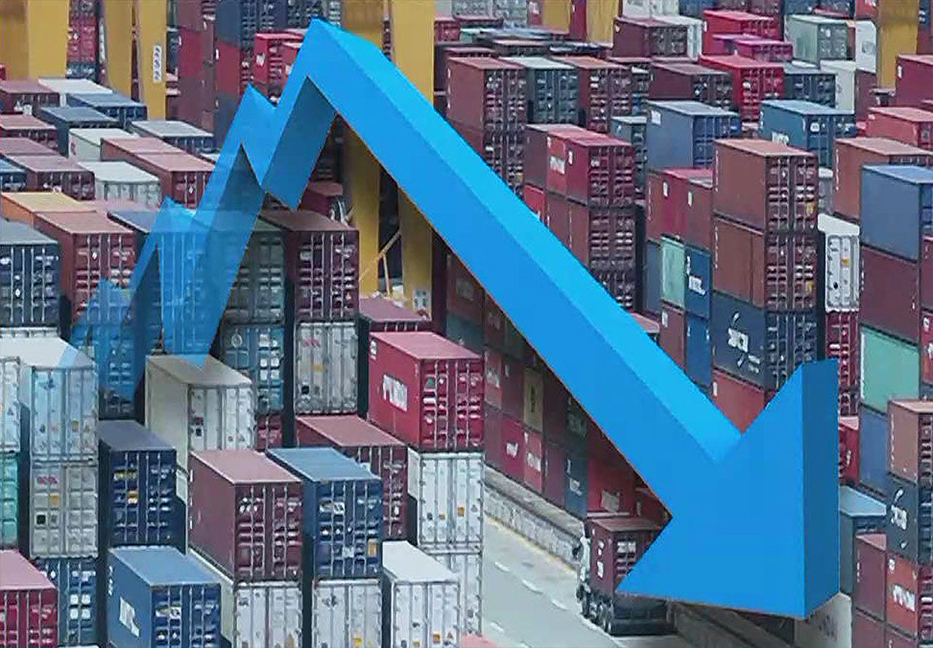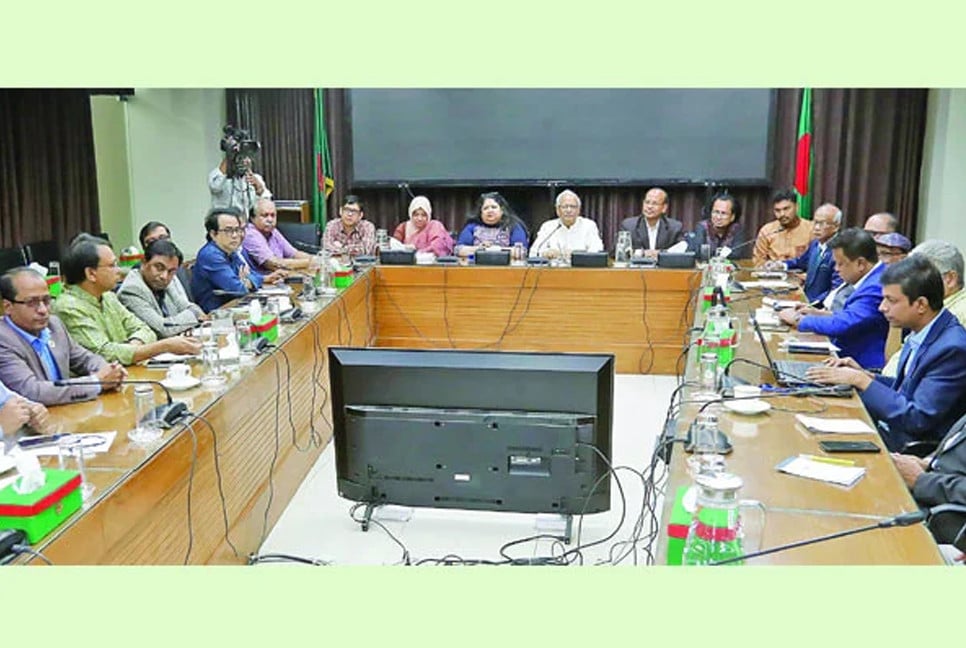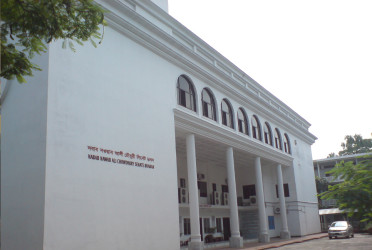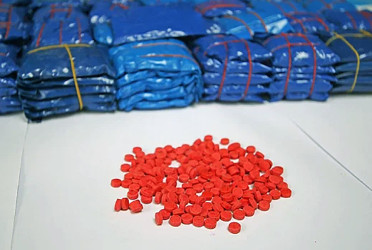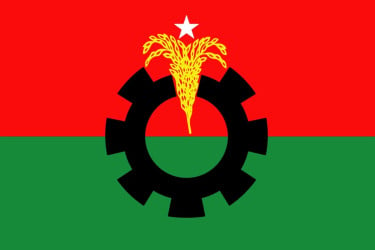The export revenue increased in the first half of current fiscal year (July-December), but the quantity of export shrunk. The businessmen of the country showed their concern over this unusual growth in export and said due to this abnormal growth many mills and factories might get closed. The experts think the employment will be at stake in this trend continues.
According to the estimation of Export Promotion Bureau, in the period from July to December of current fiscal year, a total of 30 lakh 15 thousand tons of products have been exported from Bangladesh. In the same period of previous year 2021, this amount was 34 lakh 23 thousand tons. The quantity of export decreased to 12 % within a year. However, the export revenue increased to 15%. In the period from July to December of 2022, the export revenue was Tk 2,32,036 crore, while in the same period of 2021 it was Tk 1,96,720 crore. In the same period of 2020, it was 1, 58,999 crore.
According to the information of Natonal Board of Revenue (NBR), from July to December of 2022, a total of 44,10,000 tons of raw materials have been imported. This amount was 56,81,000 tons in 2021 and 58,00,000 tons in 2020.
The business analysts think this situation was created as the consequence of global inflation and hike in the rate of dollar. Besides, the people from industrial sector said they have to import most of the raw materials for manufacturing export-oriented products, but at present its import has been shrunk. To produce woven wear, at least 65% of the raw materials are needed to be exported from abroad which enjoys duty-free facility under bond-system provided by the government.
According to the authorities concerned, the added value has been increased now. Compared to the past, the use of local yarn, clothes and raw materials has been increased in last two years. So, the import under bond-system has been decreased.
However, it is not only local production capacity that has reduced imports, which is evident from the quantitative analysis of export products. When asked about this, BGMEA Vice President Shahidullah Azim told The Bangladesh Pratidin, "The quantity of exported goods has decreased and its a concern for us. No matter how much the revenue increases, if the quantity of products does not increase, it will affect our employment. Many factories are in fear of getting closed. Not only the amount of export income should be taken under attention, employment should also be taken under attention.'
He further said, 'The price of clothing has increased because of the increase in the price of raw materials. It didn’t benefit us. In fact, it doesn’t reflect the growth of exports which is a matter of concern for us”
Exporters of ready-made garments said that earlier, exporting T-shirts of 1 million tons of fabrics used to earn 20 million dollars. Now, 2.5 million dollars are being earned by exporting 8 lakh tons of T-shirts, because of the increase in the price of fabrics. The price of raw materials has increased and because of it, the export income increased due to the escalation of unit price.
In this regard, M Mashroor Riaz, the founder chairman of the research institute Policy Exchange, said, “This is occured mainly due to global inflation. Export earnings have also increased as commodity prices have increased due to rise in the cost of raw material and supply chain. In fact, the number and quantity of the products has decreased. It’s a matter of concern for us. Because if the number of our products continues to decrease, the supply chain industry associated with exports will fail. If it falls, employment will be affected. In addition to the increase in export revenue, the cost of importing raw materials has also increased. Import costs have increased by 78% in last two years. During July-December 2022, 95 thousand 86 crore dollars were spent on importing raw materials. 92 thousand 486 crore dollars were spent during the same period of the previous year, while in 2020, it was 53 thousand 355 crore.
@The report was published in Bengali on print and online versions of The Bangladesh Pratidin on March 6 and rewritten in English by Lutful Hoque

